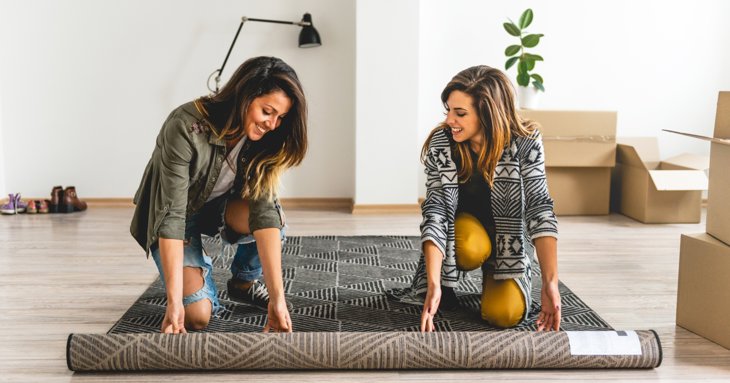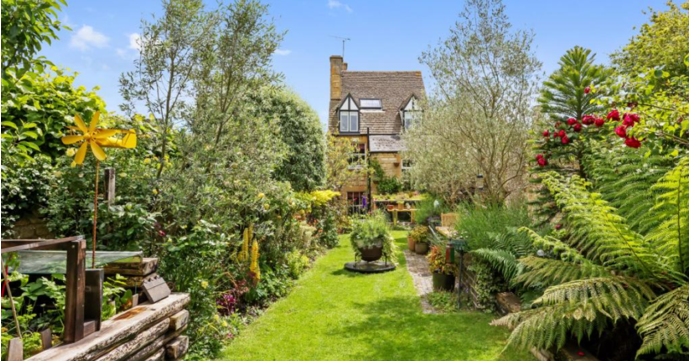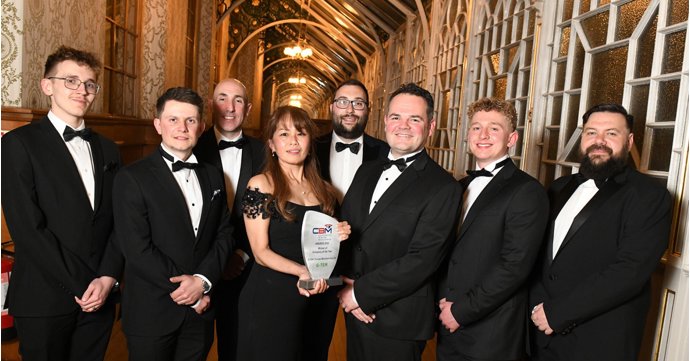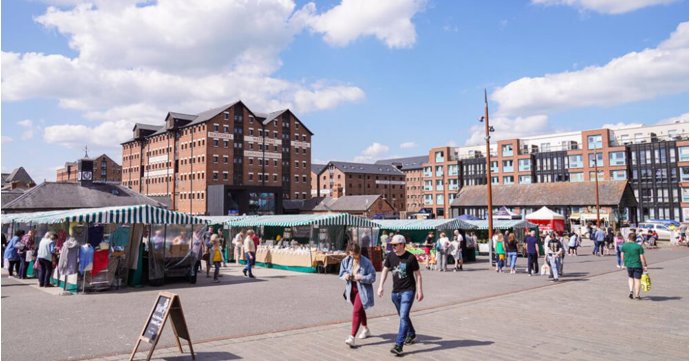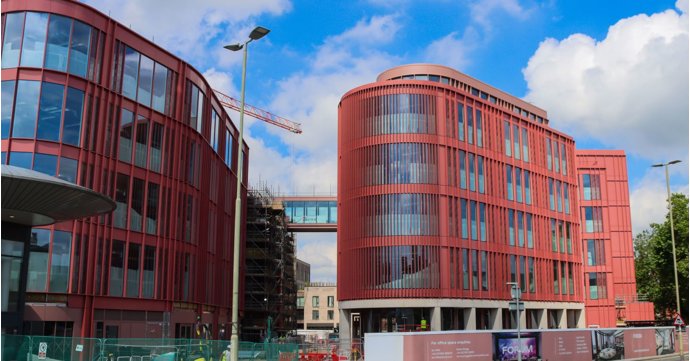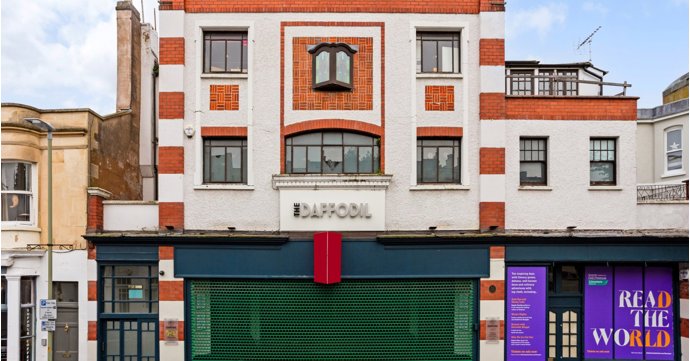Shared ownership is potentially a lower cost way to buy a newly built home or an existing one through resale programmes from housing associations.
SoGlos chats to Gloucester-based mortgage broker, The Mortgage Brain, to get an idea of just how it works.
About the expert - Rupert Swetman, head of mortgages at The Mortgage Brain
Rupert Swetman is head of mortgages at The Mortgage Brain. Knowing your adviser is with you every step of the way whether you’re buying you first home, a buy-to-let, or have owned a property for many years is what great customer service is all about.
The Mortgage Brain has over 30 years’ experience helping customers find the best mortgage. Its unique Mortgage Search System is continually updated with the latest offers from specialist lenders who offer buy-to-let mortgages, so they can source the best deal for you to maximise your profit.
For more information, call The Mortgage Brain on 0333 340 8888 or visit themortgagebrain.net.
How does shared ownership work?
You buy a share of your home, between 25 per cent and 75 per cent of its value, with a mortgage and deposit, while paying an affordable rent on the remaining share. You can buy a brand-new home or an existing one through resale programmes from housing associations. You can buy more shares, known as staircasing, later when you can afford to, eventually owning 100 per cent of your home, however, the housing association has the right to buy the property back first or the right to find you a buyer if you still only own a share. Shared ownership properties are always leasehold with an annual ground rent and monthly service charges payable.
Will I need to provide a deposit based on the full value of the property?
Yes. The deposit for a shared ownership is usually between five to 10 per cent of the share you are buying, not on the full value of the property. So, if a property costs £500,000 on the open market and you are buying a 25 per cent share, equivalent to £125,000, a five per cent deposit on your share would be £6,250. You will also have to pay solicitor’s fees.
Can I buy the property jointly with someone else?
Yes, you can buy a home with your partner, friend or relative. However, all buyers will have to meet the shared ownership and mortgage lender criteria. Your household will need to earn £80,000 a year or less outside London, or £90,000 in London. You can be a first-time buyer or a previous homeowner who can’t afford to buy one now or an existing shared owner looking to move.
How much rent would I have to pay with shared ownership?
If you buy a new-build shared ownership home, the rent limit is three per cent of the value of the share the landlord owns. Most landlords charge 2.75 per cent. For ‘resale’ homes, the starting rent will be set at the same level as the previous shared owner was paying. The landlord will review your rent at the times set out in your lease. This is usually once a year. The amount of rent you pay will be based on the landlord’s share. If you buy more shares, you’ll pay less rent.
I already have a mortgage on a shared ownership property, can I look at remortgaging to a better deal?
Yes. It could be time to review it and make some valuable savings depending on when your current deal comes to an end. We work with many housing associations so please speak to our specialist shared ownership team today and see if we can help. You can start your search six months before any deal ends.
Will I have to pay stamp duty?
First-time buyers in shared ownership homes will pay zero stamp duty on the first £425,000 on homes up to £625,000 until March 31 2025. If you’ve owned a property before the threshold for paying stamp duty is up to £250,000. Stamp duty is calculated on the full market value of your home, not the share you are buying, and you can either make a one-off payment based on the total market value of the property or pay any duty in stages. Your solicitor will be able to give you advice on the options.


